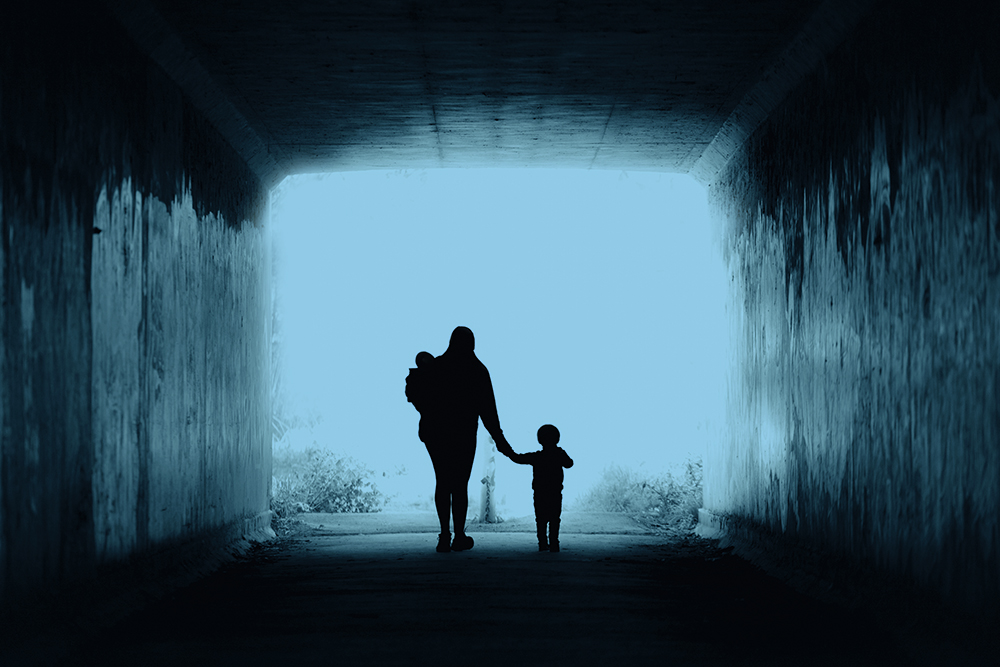
“Did I dream this belief? Or did I believe this dream? Now I will find relief….I grieve!”
— Peter Gabriel
Sometimes things that get broken can be mended. A plate that has cracked in two pieces can be glued back together. A car that has been crumpled in a parking lot can get hammered out, fixed, repainted. Jeans that get a hole in the knee can be patched. But a lot of times, those broken things aren’t quite the same after their repairs. You can, upon close inspection, see the crack in the plate, detect a slight difference in the paint on the car, or discern the patch in the jeans. These items may not function as well, either. The crack might weaken the plate. The cosmetic repairs to the car may disguise an issue with the frame. The material around the patched hole may be fragile and frayed.
“I just want people to know that even though I may look like myself again on the outside…and may even act like my old self… inside, my heart is cracked, crumpled, and torn.”
People with hearts broken by loss can be “patched up” too. They may go back relatively quickly to their regular lives, the same old expectations of how they should behave. But they are weakened on the inside. They learn how to compensate for their inner brokenness, but that doesn’t mean it’s not there.
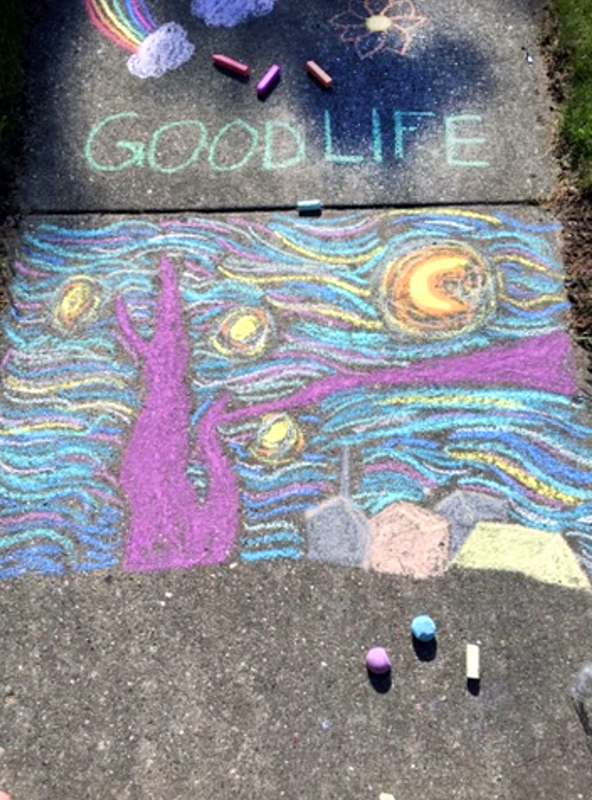
The other day I found this picture of some chalk drawings that my then-freshman-in-high-school daughter created on our sidewalk on Thursday, May 25, 2017. It was a beautiful day, and my girl just wanted to go out and do something childish and innocent. Whenever I see this picture, I think about the person she was that day – the people we all were on that last day of “normalcy”. Happy. Content. Feeling very “normal”. Still in one piece. Still unbroken.
Friday, May 26th, 2017 changed all of us. That is the day our son died in the early morning hours by suicide.
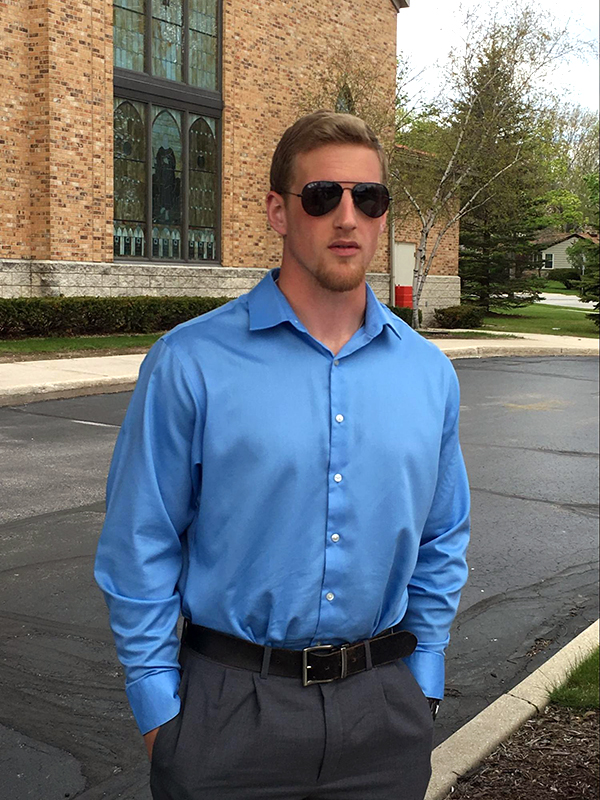
As he is one of my favorite topics of discussion, let me tell you a little bit about my son. Just 21 years old when he died, he was a very loving, very caring young man. An amazing son. Smart. A wonderful and popular friend with a kind and generous heart. An ambitious student. An athlete who took care of his body. A talented musician with a passion for playing the guitar. This kid once told a homeless man to wait while he ran back to his apartment and made him a sandwich. He was his parents’ pride and joy. His sister’s hero. And suddenly, he was gone. He left us all in broken pieces, irreparable.
From that day onward, our lives have been divided into before and after. I can’t think of an event in my life without being compelled to figure out whether it happened before or after. I can’t look at pictures without mentally classifying them into one of these two categories. Hell, I can’t even look at my clothes, things around the house, or foods that I cook without thinking, “Did I buy this before he died?” or “Did I ever make this meal for him?”
I know I don’t have to explain to anyone how “extra” grief is when it is one’s precious child who has died, and it is my prayer that no one I know ever learns by experience what that truly is like. Many of our friends have said, “I can’t even imagine what you’re going through,” and although I know that is true, I’m sure they have tried to imagine it. I know that prior to my own child’s death, whenever I learned of the death of a young person, I immediately put myself in their parents’ position and tried to imagine what they were going through. Of course, I did this with all the hopeful arrogance of denial – the thought that it could never really happen to me. And then it did.
I can best describe my pain upon finding out about our tragedy as overwhelming and inescapable. I remember with startling clarity, as a colleague drove me home from my workplace that terrible morning, that the pain was so great and so intense that I literally wanted to crawl out of my own skin to get away from it. But there was no getting away from it. Once home, I was immediately confronted with some further heartbreaking business to take care of. We had to tell our parents. Our daughter. We had to take our broken selves and go break some other people.
Please, if you are or you know someone in crisis, call the National Suicide Prevention Lifeline (Lifeline) at 1-800-273-TALK (8255), or text the Crisis Text Line (text HELLO to 741741). Both services are free and available 24-hours a day, seven days a week.
Friends were our lifeline in those first days, weeks, and months. They sat with us, brought us food, took us out, provided a distraction. But as time passed, we had to go back to some semblance of normalcy. And this is where I learned just how truly, how permanently broken I was. I am a teacher. My job is to educate adolescents – inspire them to love reading, and writing, and to understand our country and its relationship to the rest of the world. My job is to care – a lot – about other people’s children. And of all the aspects of my life that have been difficult since losing my son, trying to be normal in this demanding environment has been one of the worst. That first year I was a terrible teacher. (The second year I probably was just as bad – who am I kidding?) I was consumed with thoughts of my own child. I didn’t really have it in me to do my job with any sort of commitment or passion. It was very difficult to care about other kids. It was difficult to focus on my work. I was short-tempered. Exhausted. Sad. Withdrawn. Unsmiling.
I am sure that in other aspects of my life, my brokenness also showed. In my friendships, which were increasingly lopsided as far as effort was concerned. In my family, where my fractured heart impacted the indifferent way I dealt with my aging parents. In my relationship with God. There was more to come, as well. Three months after my son died, my mother-in-law passed away. I loved her and her passing made me sad, but at the same time, I felt that at least with her death, things had happened in the right order. Children are supposed to expect to lose their parents. Parents do not expect to lose their children. At the end of that same year, I lost my oldest brother. At this point, the tears just would not come anymore. I had already cried all of them for my child. I behaved as dispassionately at hearing about the death of my brother as I might have heard about someone getting a flat tire… a kind of “oh, that’s too bad” reaction. And then I was angry that I couldn’t even properly grieve my own brother’s passing.
The day after my son died, my husband and I went to Target. Seems a little weird now, thinking about doing this mundane chore in the wake of this terrible upheaval in our lives, but maybe we just needed that twenty-minute period of “normal” in order to cope. I remember walking around in that store, looking at all the people, and thinking they didn’t know how good they had it because probably they had not lost a child. I remember thinking that people should wear t-shirts that say the biggest problem they face on the daily – that we would be a lot more compassionate to each other if we could visibly see what everyone else is struggling with. Mine would have said, “I lost my son to suicide”. I felt like I needed to tell people that so they would understand why I looked like someone had turned out the lights behind my eyes.
The “before” part of my life was not perfect. My son was not perfect. But he was here and he was mine, and now he’s gone and I miss him. My heart still aches every day, I feel empty every day, and every day I make the futile wish that I could turn back time and somehow stop him from taking his own beautiful life. But instead of going back to “normal”, I’ve had to figure out how to become as good a version of myself as I can be. As the years pass – and I can’t believe it has nearly been four years now – I have figured out how to “repair” myself – at least on the outside. I can smile. I can make an effort at my job. I can reciprocate friendships. I can delight in my now-freshman-in-college daughter’s accomplishments. I can be a loving, attentive daughter to my folks. I can attend church and not be angry the whole time I am there. But these are external repairs. Just like the glue on the plate, the paint on the car, and the patch on the jeans, my repair is cosmetic. I still have to look in the mirror most mornings and tell myself that this really happened. I still have to convince myself that we are “that family” sometimes. That I am a “bereaved mother”. But I don’t want pity. I don’t want people to tell me how strong I am. I just want people to know that even though I may look like myself again on the outside…and may even act like my old self… inside, my heart is cracked, crumpled, and torn. I just want people to know, so if they see me getting teary eyed, or suddenly quiet, or a little impatient, they remember why I might be doing that. I’m not looking for sympathy. I am just still broken. It will be that way forever. I will never be the same woman I was before May 26th, 2017. She died with my son. Now, after, a faded, blurry copy of that person stands in her place, doing her best to go on.
Jane Lepold
Lost son to suicide, May 26, 2017



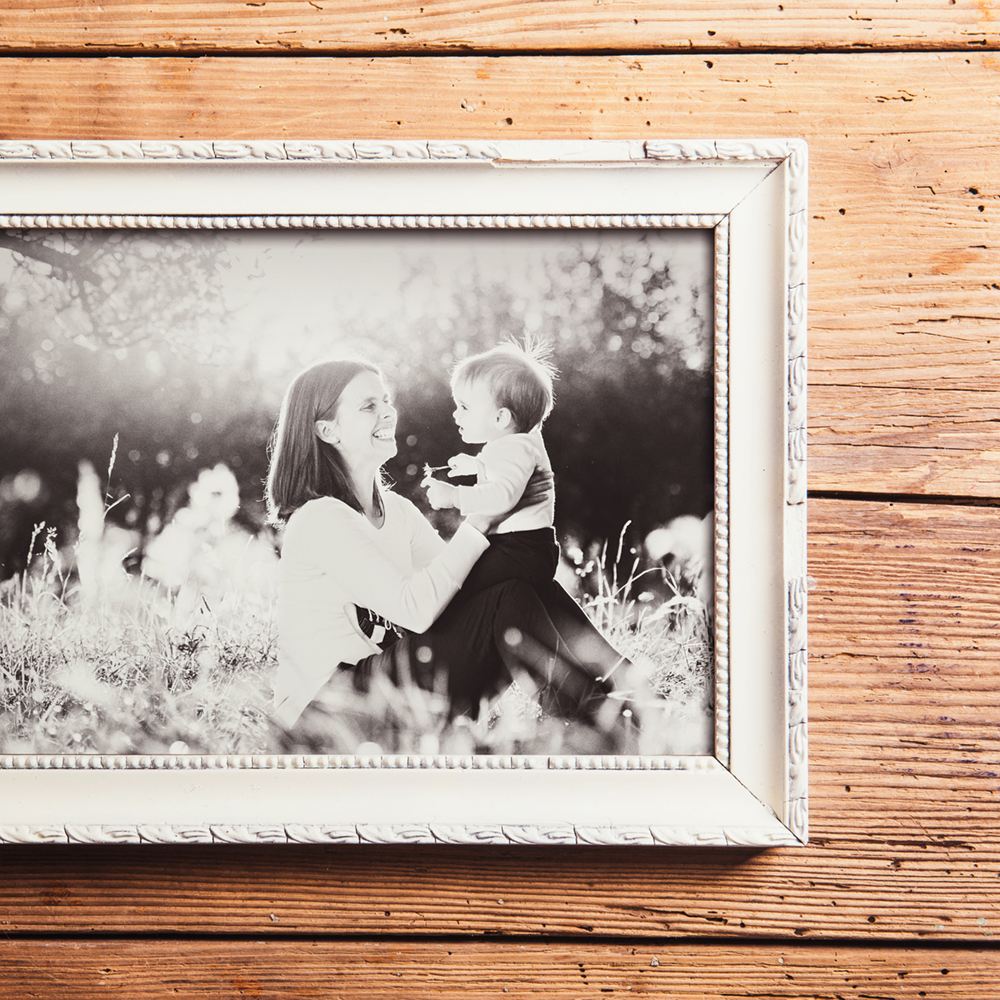
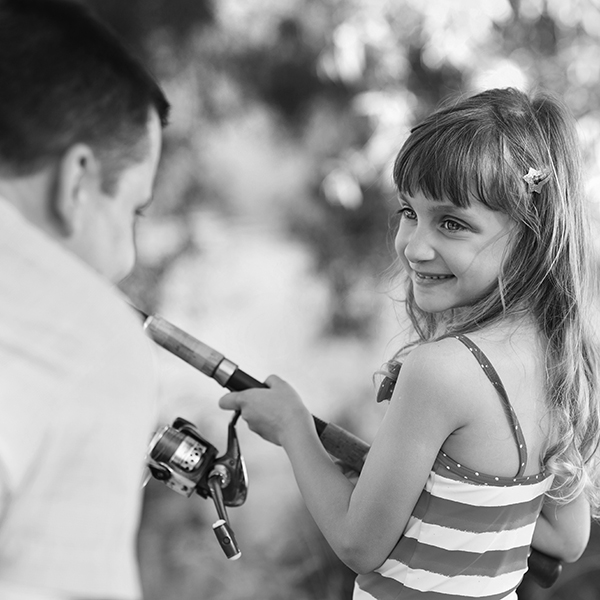

What a powerful, heartfelt story. All the best to you!